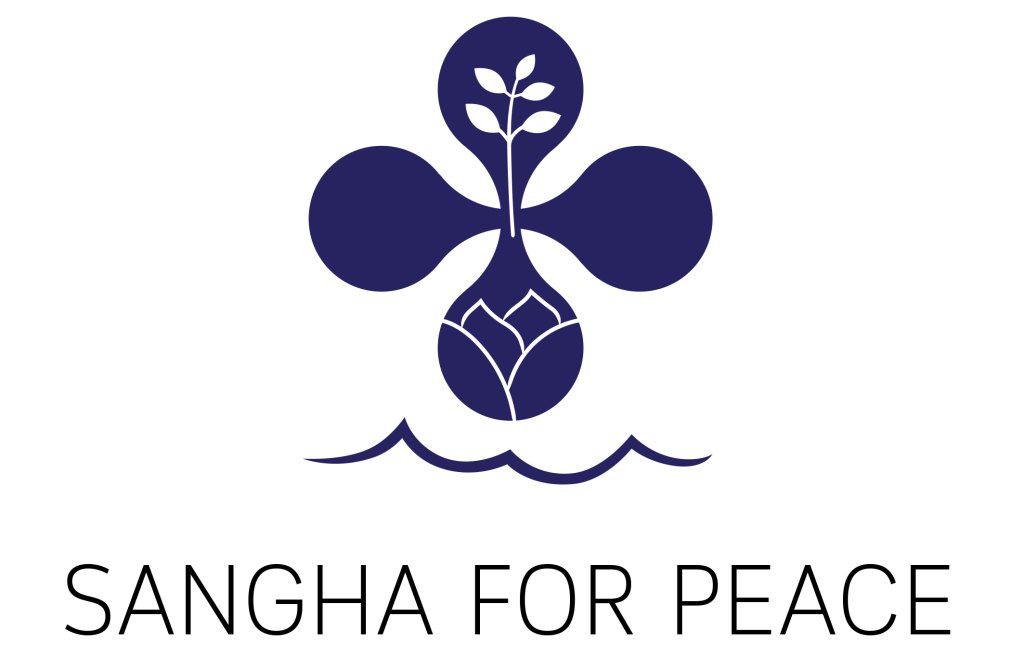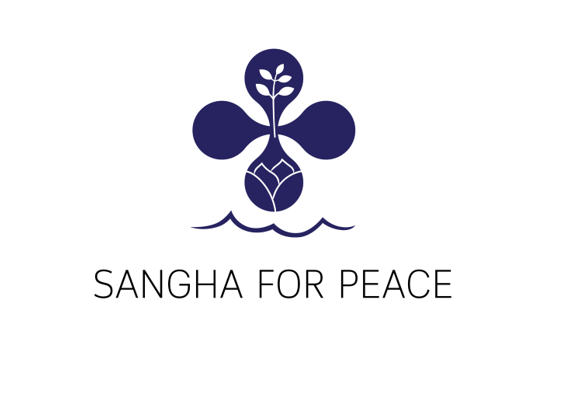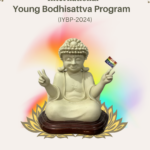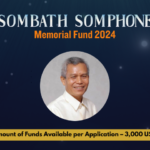
About the Sangha for Peace
The Sangha for Peace (the Project) is a two year project (2021-2023) being implemented by INEB and its partners from Myanmar, Sri Lanka and Thailand. South and Southeast Asia face a common challenge of rising religious and ethno-nationalist tensions as religious nationalist groups and networks are well established in each country. Recent increases of discrimination and violent conflicts among religious groups have resulted in a common narrative that legitimizes oppression against ethno-religious minorities, especially Muslim groups. Against this backdrop, a number of faith-based organizations and actors have been actively promoting peacebuilding and harmony through non-violent means. However, exchanges between these organizations are limited, as is the understanding of peacebuilding processes among Buddhists. More importantly, there is no regional platform for them to gather, learn, exchange ideas and strategize.
The Project is designed to:
- Foster a sense of community, at the regional level, between the most active intra- and interfaith engagement stakeholders in the region.
- Increase their opportunities for joint awareness raising and learning, to promote a comparative approach to challenges and problem-solving.
- Equip them with knowledge and tools that enhance their capabilities to engage at the regional level.
In order to accomplish project outcomes, a regional network of 20 leading peacebuilders consisting of individual project participants that are supported by INEB and its in-country partners will be established. These 20 participants will leverage their knowledge to conduct further outreach activities at the country and regional levels. INEB has an established history and relationship of working with the in-country faith-based partners across the region. These relationships bring credibility, stability and resources that will support project implementation.
The Project’s Aims
The Project is designed to develop and nurture a regional network for peacebuilders that will strengthen national and regional efforts to promote inclusive intra- and interfaith dialogue in Myanmar, Sri Lanka and Thailand. The project objectives are:
- To co-create, with country partner organizations, a regional learning community arising from a shared learning experience of cross-country intra- and interfaith exchanges.
- To develop a Long-Term Strategic Plan for the Regional Network of Peacebuilders, linked to and complementing other intra and interfaith actions in the region.
Target Participants
A total of 20 participants with 6 – 7 key peacebuilders from Myanmar, Sri Lanka and Thailand. INEB will be consulting closely with the country partners to establish the specific selection criteria for individual participants or peacebuilders. The final selection of peacebuilders will reflect reaching a consensus on the agreed criteria.
Duration: March 19, 2021 – March 18, 2023
Key Activity Timeline
The Project consists of the following activities and tentative schedule for each activity is shown below.
(1) March – October 2021- Scoping meeting and needs assessment
(2) October – December 2021- Learning curriculum development
(3) March – December 2022 – Country exposure and learning visits
(4) June 2022 – Participation in INEB’s 20th International Conference
(5) March 2023 – Launch of the long-term strategic plan
Project Partners
INEB will collaborate closely with the partners from Myanmar, Sri Lanka and Thailand.
- Myanmar – Kalayana Mitta Development Foundation (KMF), Spirit in Education Movement (SEM), and Paung Daw Ou Monastic School in Mandalay.
- Sri Lankan – The Center for Peace Building and Reconciliation (CPBR), Walpola Rahula Institute (WRI), Sarvodaya Shramadana Movement, and Human Development Edification Centre (Abhayagiri Sangha foundation).
- Thailand – The International Women’s Partnership for Peace and Justice, the Institute for Buddhist Management for Happiness and Peace (IBHAP), Sekhiyadhama, Institute of Human Rights and Peace Studies (IHRP) of Mahidol University, and Thai Interfaith Foundation for Social Development.






